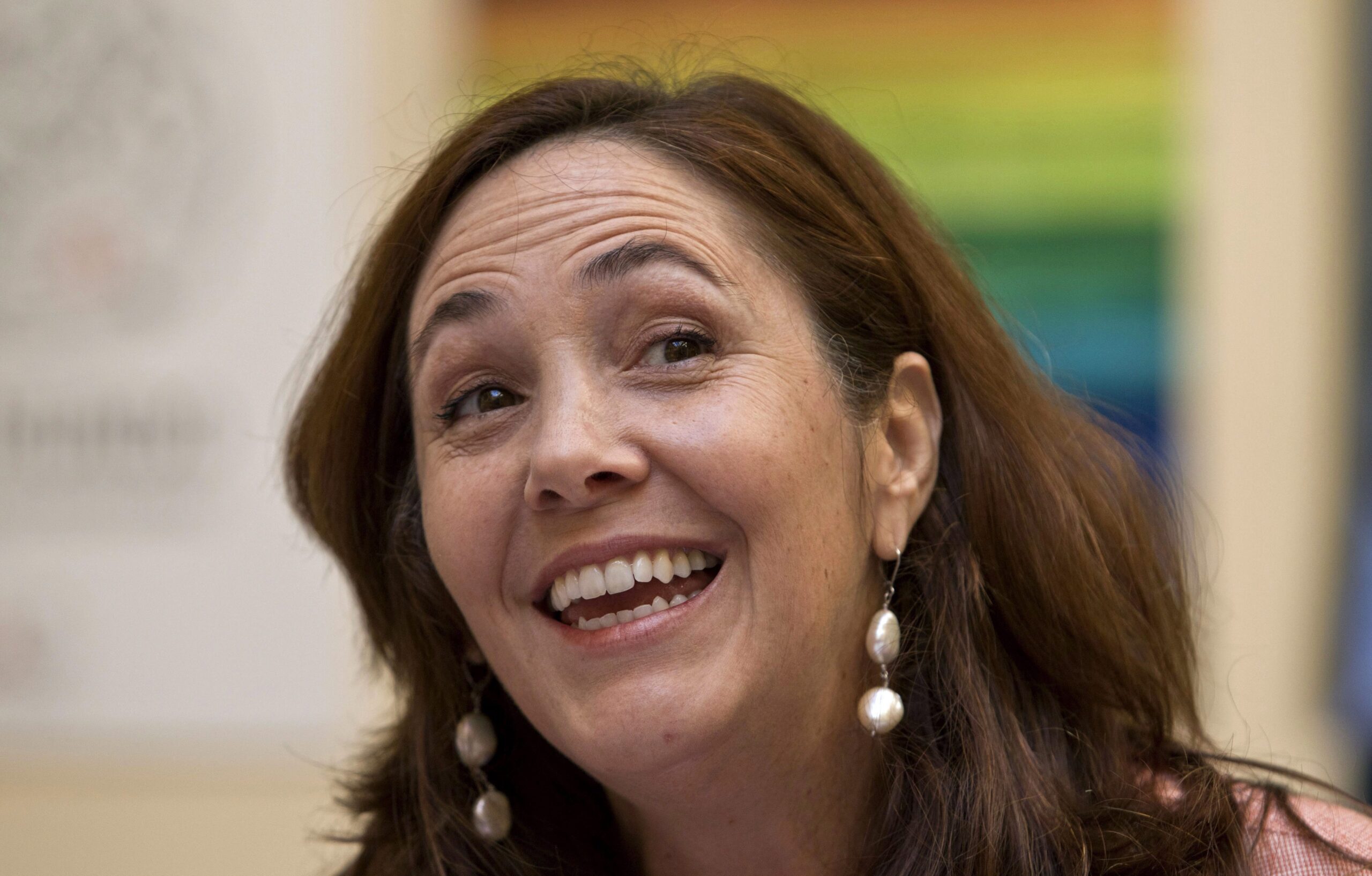The winds of change appear to be sweeping through Cuba.
For the first time in five decades, the president, Miguel Díaz-Canel, is not a member of the Castro clan and was born after the Cuban Revolution brought the communist party to power. And his predecessor, Raúl Castro, reached a historic thaw with the United States and initiated a series of small-scale reforms that have modernized parts of the economy.
The same goes for LGBT rights. The regime that once imprisoned thousands of gay men in concentration camps and forced HIV-positive people into sanitariums is now one of the most nominally accepting of LGBT people in the region.
There are robust anti-discrimination protections for queer people, and trans people have had access to free transition-related surgeries for a decade. In recent days, there has even been talk of amending the constitution to legalize same-sex marriage, which would make Cuba the first Caribbean country to do so.
At the centre of that change is a single woman. Mariela Castro Espín is a legislator, professor and the head of the Cuban National Center for Sex Education (CENESEX), which pushes for the acceptance of queer and trans people. She also happens to be the daughter of former president Raúl Castro.
Through her high-profile position, Mariela, a straight, cisgender woman, has become the country’s leading LGBT-rights advocate. She was the one who proposed instituting equal marriage.
But much like the other major shifts in Cuba, there’s a risk that the advances for LGBT people may be more mirage than reality.
Relations with the United States have soured considerably, the economic reforms have had mixed results and even the new president could just be a figurehead — Raúl Castro still controls the Communist Party and the armed forces, the country’s two most powerful institutions.
And even as nominal LGBT rights are being expanded, LGBT activists are facing growing persecution from the government and security services.
That’s because Cuba’s LGBT advances are happening in a way unlike anywhere else in the world — it’s a transformation coming from the top-down and not the bottom-up.
The only legitimate LGBT activism that is permissible in Cuba must happen within the confines of the Cuban state and its approved organs. In response, many LGBT activists who try to work outside of the state are fleeing the island, seeking asylum in the Netherlands, Ecuador and elsewhere.
Nelson Gandulla, an independent LGBT activist, told The Washington Blade that security forces threatened to kill him or imprison him “for contempt for attacking Mariela Castro’s authority.”
In a country like Cuba where all actions have to take place through the Communist Party, any type of organizing is seen as subversive. All forms of civil society that exist outside of the state are repressed. CENESEX, and by extension, Mariela Castro, is the only legitimate voice for LGBT people.
A little over two years ago, I interviewed Mariela Castro while she was visiting Canada and asked her if queer and trans society could exist in Cuba outside of the state apparatus.
“I think as LGBTI people want to get themselves up to speed and train themselves up, they will be able to organize responsibly,” she said through a translator. “Otherwise, if they’re not well prepared, the risk is that they will be manipulated and used by other groups for political purposes.”
She spoke about encountering a group of trans activists through her work with CENESEX.
“We had some trans groups that were meeting, but they would always meet around some show. And usually it was a really poor quality, transvestite type show, or something around prostitution that wasn’t dignified.”
In Mariela’s telling, she took those trans activists aside, helped them expand their ambitions beyond sex work and gave them a real strategic direction.
The condescension with which she speaks about LGBT activists is telling. It’s also dangerous.
Liberation movements can’t be the domain of a single person. There’s a risk that even if greater rights for LGBT people are won in Cuba, those victories will be fragile, and could be swept away if the Cuban state sees it’s in its interests to do so. Even if they gain more nominal rights, the lives of LGBT Cubans may not change much on the ground. That’s a story many Black Cubans would be familiar with.
Until the Cuban state truly lets LGBT people have a voice, the winds of change may prove to be little more than a sputtering breeze.

 Why you can trust Xtra
Why you can trust Xtra


